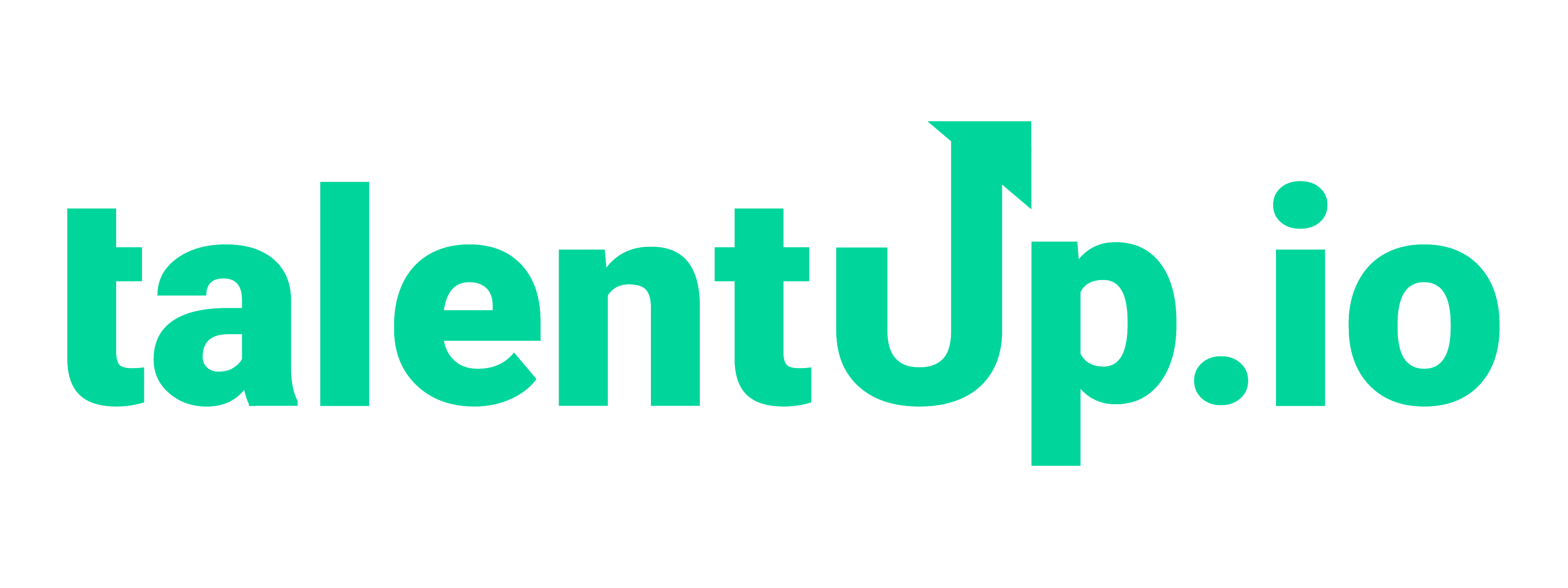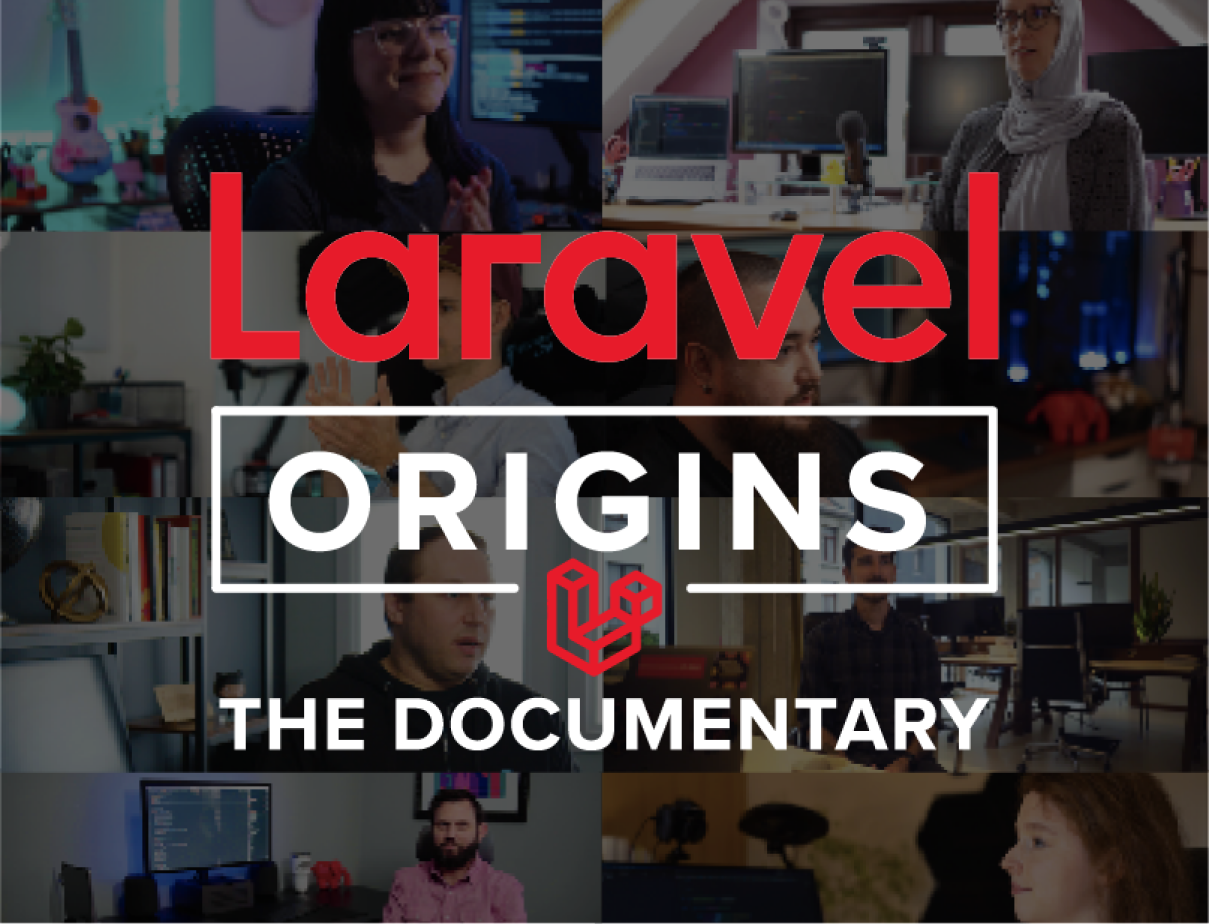Bonus report: What’s the secret to successfully hiring developers? Our 2023 Netherlands Developer Hiring Report is now live.
Netherlands Report: State of the Software Developer Nation
With support from:


In this report
Introduction
It’s hard to overstate how tough the past 12 months have been. Difficulties in fund-raising and mass layoffs have rocked tech markets, especially the US. At the same time, Europe has been far from immune. The war in Ukraine, rising inflation and interest rates, and the energy crisis are shaping a challenging macroeconomic climate.
Amid so much uncertainty, the ability to see the signal in the noise has become more important than ever. The data shows that there are reasons for cautious optimism for the Dutch tech industry:
- Investment levels in Dutch startups are still growing when compared to pre-pandemic levels.
- Investors have raised over €1B for with social impact companies in 2022.
- Less than 4% of respondents of our survey report retrenchments in the past year.
- The majority of developers in the Netherlands remain open to exploring new opportunities.
Tech companies with solid business models still continue to grow and developers have plenty of exciting opportunities to explore.
I hope our data will help you navigate these uncertain times with more confidence.
Tech trends in the Netherlands
Despite a cooling global economy and its impact on the tech industry, the Netherlands has largely avoided the mass layoffs we've seen in the United States.
Developers in the Netherlands largely avoided mass layoffs last year
Less than 4% of developers in the Netherlands were retrenched last year
Despite a challenging twelve months for the global tech industry, the Netherlands has largely avoided the mass tech layoffs we've seen in the US and other places in Europe. Less than 4% of survey respondents said they'd been retrenched in the past year, compared to 13.2% across the rest of Europe.
Why have software engineers in the Netherlands avoided mass layoffs so far? Globally, mass layoffs have primarily affected larger companies. According to Dealroom’s 2022 Netherlands Employment Report, most tech jobs are being created by startups or scaleups.
Another reason lies in the labour law in the Netherlands: It's quite common for initial offers of employment to range from six to twelve months. These can turn into indefinite contracts and, in cases where this doesn’t happen, it wouldn't be considered as retrenchments.
Demand for software engineers continues to be high across the Netherlands
Demand for tech talent remains high across the Netherlands and tech-related roles continue to be among the hardest-to-fill positions. In the Information Technology industry, developer job postings between 2021 and 2022 increased by 17.3%.
Dealroom’s Netherlands Employment Report states that FinTech and HealthTech are producing the largest number of tech jobs in the Netherlands. Software engineering job ads in these two industries show a clear demand for backend skills.
In 2022, 40.5% of FinTech job advertisements were for Java developers while backend developers were the most in-demand role for the HealthTech sector.

Data provided by OfferZen data partner TalentUp

“We’ve noticed that demand for software developers in the Netherlands has increased significantly over the past few years. This is driven by factors including the growth of tech startups and digital transformation initiatives across various industries. That makes it even more important for companies to prioritise employee satisfaction and well-being.”
Jordi Arcas, CEO of TalentUp
Backend developers are offered the highest salaries among their peers at the senior level
This high demand for backend skills also shows itself in developers’ salaries: Job ads for mid-level backend developers offer 15.6% more than their full stack counterparts and at the senior level a whole 25.7%.
Due to the lower demand for junior backend developers in the Netherlands, we’ve excluded the median salary due to insufficient data. TalentUp indicates that companies are looking for more experienced backend developers to take on complex projects.

Data provided by OfferZen data partner TalentUp
Developers are open to new opportunities in 2023
One in three developers will be looking to change roles within the next year, despite 40.7% having been in their current role for less than a year.
So why are they leaving? According to Techleap's 2023 State of Dutch Tech Report, the tech industry has grown steadily over the past five years. There are many great opportunities for software developers and changing roles is one way to grow. Another reason to change jobs more frequently is salary growth.
Developers are leaving in search of better salaries

Reasons developers leave a role
A better salary is the number one reason for developers to leave a role. That's not to say that money is the only thing that matters: Companies who don't prioritise their management quality risk losing their team members, as do companies who don't prioritise their teams' wellbeing.
Why does salary play such an important role in retention? The answer lies in the increases.

Get more data to win at hiring developers
What turns developers off in the hiring process? What do you need to get right to retain your top developer talent? Read our 2023 Netherlands Developer Hiring Report to find out.
1 in 7 developers received a salary increase of over 50% in their new job
The majority of developers received salary increases of more than 10% through their last job change. 1 in 7 even received a massive bump of 50% on their previous salaries! By contrast, staying with the same job and going through its annual review cycle granted the majority of developers an increase below 10%.
That's not to say that changing jobs frequently will lead to a great career. While demand for skilled developers remains high, companies might be willing to overlook someone's job search behaviour. Eventually though, a track record of job hopping might make companies cautious to hire.

“Juniors are the most likely to ask for big increases. At this level, increases don’t cost a company that much yet, so they’re often willing to provide them. The biggest increases are being secured by developers who are earning less than market related salaries or who are transitioning to a higher seniority levels.”
Jenna Rabie, OfferZen Talent Advisor
Developers at the senior level earn a median salary of up to €71 000
Years of Experience at this Career Level
What median salaries can developers in the Netherlands expect at the different career levels? Job ads in 2022 offered mid-level developers up to €67 000, seniors up to €71 000 and tech leads up to €86 000 per year.
In order to give further context on the distribution of the data, we’ve also included the 25th and 75th percentile salaries in this and the following salary graphs.

Data provided by OfferZen data partner TalentUp
Check out our articles on developer salaries.
Despite the ability to work remotely, developers still prefer hybrid set-ups
Despite being able to work internationally, developers stay local
The majority of developers in the Netherlands could work internationally. 1 in 4 even have the opportunity to work in other time zones. Despite this, almost half of developers live in the same city that their company is based in.
There are a few possible reasons for staying local. One might be that companies prefer to hire developers based in the same city to cater for a potential shift to hybrid. Another could be that developers want the option to work remotely but may prefer to stay rooted in one location as opposed to a digital nomadic lifestyle. Lastly, developers mainly value flexibility and choice or control over their work environment. This also shows in their remote option preferences.
Hybrid is the dominant and most preferred set-up in the Netherlands
The vast majority of developers in the Netherlands are working at companies with a hybrid work policy and also prefer this setup. Less than 2% still work in fully-office based environments, which makes sense, since the Dutch government is enforcing requests for remote work as a legal right for employees.
The hard thing about remote? Peer interactions and healthy boundaries
While remote work has many benefits ranging from no commute to better productivity, that doesn't mean it makes everything better. Developers’ top remote struggles include the lack of human interaction with co-workers, the challenge in keeping personal and professional life separate, and looming burnout.
It's important for both employers and teams to find strategies to deliberately stay connected, and champion work-life boundaries, which can help improve a remote work environment.

“We’ve found that remote has made it even more important that teams can flag problems with their respective setups. What works for one squad might not make sense for the other. That’s why our work hours are set within individual teams and projects. We also have regular check-ins to discuss how our team members are doing and how we can support them better.”
Maria Sarwar, HR Manager at Omnidots
Software engineering skills
JavaScript dominates as the Netherlands' most-used language, while Python is the most-wanted.
Despite the buzz, developers in the Netherlands have limited experience with AI
AI is 2023's most promising industry
The release of OpenAI's ChatGPT and GPT-4 have generated significant attention and showcased major advances in Artificial Intelligence in 2023. AI has captured developers' hearts and left all other industries far behind. It's fair to assume that all industries on this list will in some shape or form be affected and influenced by the developments in the AI space over the year ahead. Cloud businesses like Amazon, Microsoft, and Google have already invested heavily and put the potential of AI front and centre of their sales pitches.
Developers are exploring AI in their personal time
Despite AI's run-away popularity among developers, the majority has not yet built or worked with any AI APIs, machine learning models, or code-writing assistants. Previously, the cost of accessing these APIs and a lack of AI-specific knowledge were barriers to entry for many developers. However, that's set to change following the release of Open AI's ChatGPT and trial versions of Open AI tools like Codex and GPT-4. These tools give developers a chance to explore the possibilities of AI.
Of those developers that have used AI, the majority has done so in their personal capacity rather than at work. This commitment to levelling up in their craft and staying on the cutting edge of their field is quite common among developers. In our 2021 report, we found that the majority of developers code as a hobby, beyond their 9-5.

Are you looking for a dev job in an industry that excites you?
Sign up to OfferZen where over 2000 legit companies reach out to you with upfront role and salary info.
JavaScript dominates the local software landscape
JavaScript reigns, but developers are keen on Go and Rust
JavaScript and its superset, TypeScript, are the most-used programming languages in the Netherlands' tech landscape, followed by Java in third place. Despite this, the most-wanted language list is topped by Python followed by TypeScript and Google-developed Go. Rust takes fourth place in the ranking with 19.2% of developers wanting to working with it next.
While TypeScript leads the way for frontend and full stack developers, Go is top amongst those working on the backend. Google-developed Go narrowly beats Java as backend developers' most wanted language in 2023, with another developer favourite Rust in third place.
Backend developers aren't the only ones keen on Go and Rust: 15.6% and 12.5% of frontend developers want to work with the popular backend languages, respectively.
Angular is the most wanted framework in 2023
TypeScript's high ranking as the second most-used language also translates into framework popularity. Angular is the most wanted framework amongst Netherlands-based software developers in 2023.
JavaScript's dominance at the top of the pile can also be seen here with Next.js, React, Angular, and Node.js claiming four of the top five spots.
More backend developers are working with frontend frameworks as part of their roles
While Angular might be the most wanted framework in 2023, React has cemented its place as a core skill for software engineers in the Netherlands. Not only is it the most used framework overall, it's also the most widely used by frontend and full stack developers. Node.js follows in second place.
The data also suggests that the boundaries between the frontend and backend are starting to blur: 14.3% of backend developers work with the frontend framework Vue.js regularly, while another 10% list Angular as their most-used framework.
32.6% of developers are looking for work in the next year. Are you?
Not job seeking at the moment? Join the OfferZen community
Demographics
The data in this report does not claim to be representative of the entire developer population in the Netherlands. Any time the term, 'software engineer, ‘developer’ or 'software developer' is used, it refers to the group of developers who took our #DevNationSurvey between 23 February and 12 April 2023.
In cases where no data slicing occurs, all 255 valid responses were included. In order to shed light on survey participant characteristics, we’ve included the demographic breakdown of all 255 valid responses below.
City
Origin
Gender
Coding experience
Age
Role
Industry
Organisation size
Methodology
OfferZen conducted a survey to find out more about skills, work experience and job search behaviour of developers. A total of 267 people took the online survey between 23 February and 12 April 2023. Of these responses, 255 were counted as valid because they were from developers, or developers who manage other developers, and are currently living in the Netherlands.
We hosted the survey itself on Typeform and recruited respondents via emails sent to more than 40 000 software makers in the OfferZen community and social media posts to the public. Data was anonymised in accordance with GDPR guidelines and is housed separate to any and all of OfferZen’s platform data. Percentages may not always add to 100% due to rounding.
Salary data used in this report was provided by TalentUp. It is collected from 100+ global job domains and consolidated into a single dataset. Duplicate data points have been removed and validated across data sources.
About OfferZen
OfferZen is a developer job marketplace by developers for developers. Our platform matches job-seeking developers with exciting opportunities at companies, but this effort actually encompasses a much wider mission: To help developers and their teams thrive in the tech ecosystem.
Over the last six years, this has manifested in a multitude of ways from our core business of helping developers find awesome new jobs, to hosting local maker evenings and tech events, or helping developers share their experiences on our blog. We want to help build an inclusive, transparent, and thriving tech ecosystem.
Want more insights like this?
Subscribe to OfferZen’s newsletter to get tech insights straight to your inbox!
This site is protected by reCAPTCHA and the Google Privacy Policy and Terms of Service apply.


